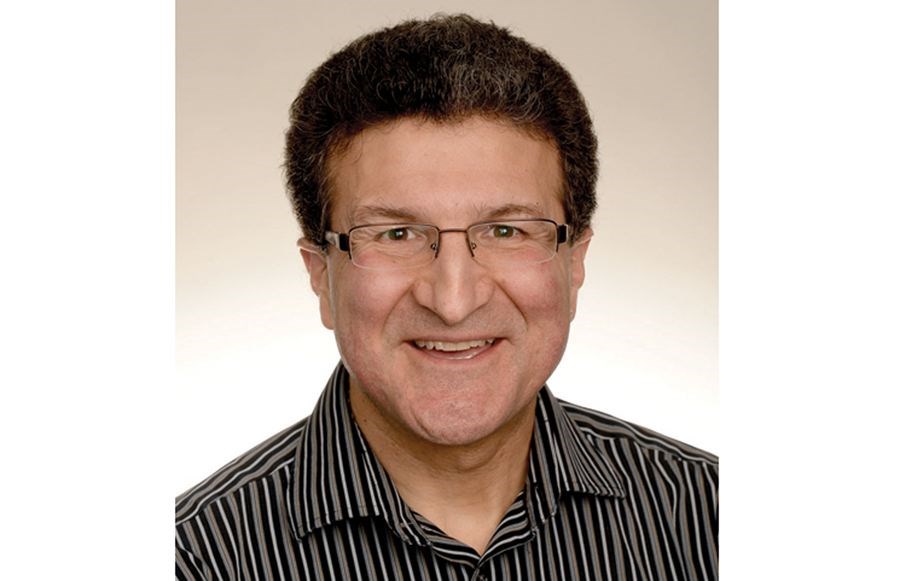Winston Churchill said, "truth is incontrovertible. Malice may attack it, ignorance may deride it, but in the end, there it is."
The words of Churchill stand in stark contrast to those that were preached on the other side of the English Channel during his tenure as British Prime Minister. Adolf Hitler knew the power of propaganda and used it to convince millions to believe a series of lies. He proclaimed that Germany could have won the First World War had it not been betrayed, primarily by Jews. Though the threat of communism was real during his rise to power, he falsely blamed this on Jews as well. This deceit led to one of the darkest pages in human history. Had people simply looked a bit deeper at what he was saying, it would have been very obvious that it was grounded in anger, fear and racism and had nothing to do with truth.
In the world today, negative propaganda is alive and well, but there is no reason why it should be able to take hold among us. First of all, we have the ability to look back on history and see that blindly following such messages leads to disaster.
Secondly, we have the ability to study leaders who use the media to spread a message of truth and peace, thus bringing permanent and positive change to the world. Mohandas K. Gandhi and Martin Luther King Jr. are two of the best known of these leaders.
Thirdly, we now have easy access to accurate information at our fingertips. The internet is a tremendous tool. We can find answers to almost any question in minutes.
This poses one of the greatest challenges to our educational system today, however. Because there is a plethora of information available, how do we know what is truth and what is not? It is therefore vital that we teach our young people how to differentiate between reliable and unreliable sources.
Once we embrace our responsibility as global citizens to always seek truth and learn to use it for the good of all, we become resistant to negative propaganda, and a force for positive change in the world. We see, for example, that statistically, immigration is very good for host countries, especially those with falling birth rates. Immigrants become the workers who support an aging population.
We also see that immigrants are much less likely to break the law than those who are born in a country, thus lowering crime rates. In addition, we see that it is very difficult to generalize any population because every group is made up of unique individuals.
In his classic book The 7 Habits of Highly Effective People, Stephen Covey points out that great leaders "seek first to understand, and then to be understood." The fact that every individual has a unique perspective is actually a powerful force.
By listening to each other and respectfully expressing our own views, we can come up with better ways to do things. In this way, diversity is strength. This is not only the case with groups of individuals, it applies to governments as well. Canada, for example, is arguably a much more influential country today than it was 100 years ago; it is our diversity that has made us stronger.
We can choose ignorance and thus succumb to believing lies, but we know where that leads. Truth is incontrovertible. When we can work together in a spirit of respect and understanding, we can climb to amazing heights and make life better for everyone.
The choice, as well as the responsibility, lies within each one of us.



